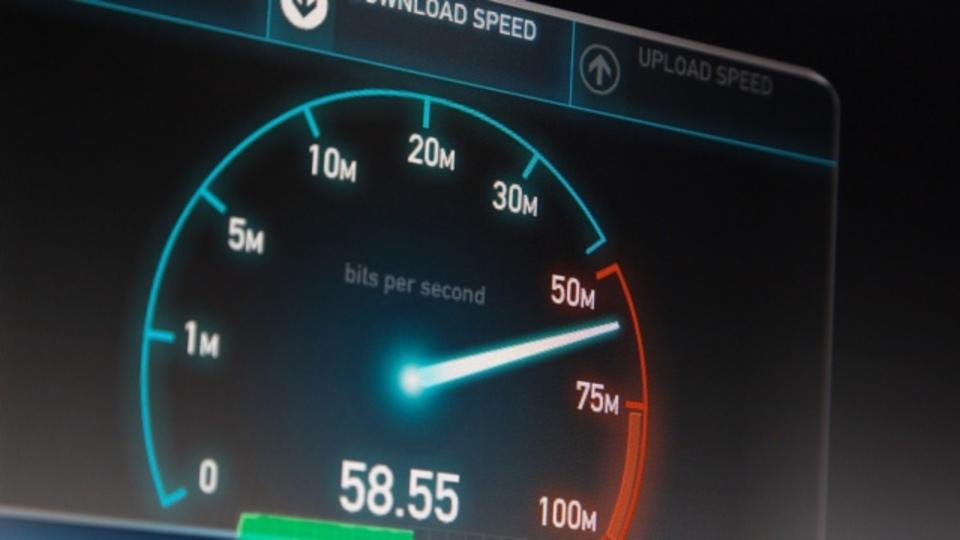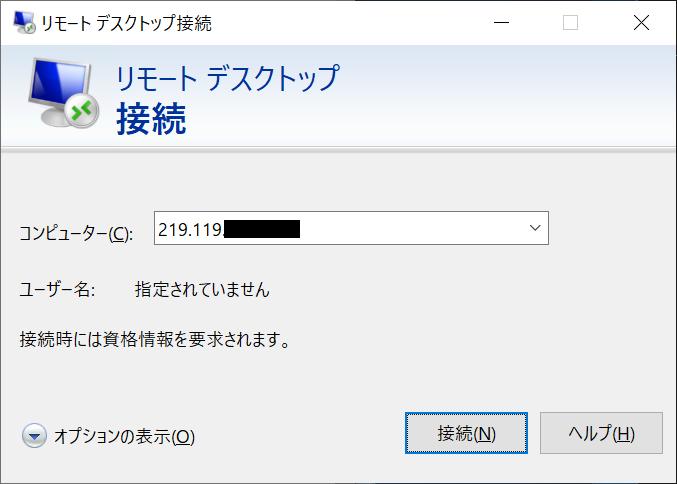If the internet is slow, you should play outside. It was a long time ago. For those who rely on the internet for most of their work, slow internet means less productivity. Let me tell you 10 measures to be taken when such a cruel joke that is common throughout the world occurs.
1. Check speed and plan
You may simply have a slow line contract. Log in to your provider's site to see your plan. Next, measure the line speed with an app such as "Speedtest.net". If the price is close to the contract, it is best to contract a faster line. If the value does not meet the contract, try the measures shown below.
2. Check the hardware
Before making a complaint to your provider, do a quick reset (turn off and then back on) your modem and router to see if it improves. Next, check if the internet is slow on other computers in your home. If there is only one problem, the problem is with the computer, not the router or modem. If it's not a hardware problem, try it out, and if you find the cause, repair or replace the router or modem and you should be able to recover the speed.
3. Improve WiFi signal
If you're using WiFi, your wireless signal can be weak and slow, even if your router and internet connection are fine. In such cases, it may be necessary to take measures such as changing the installation position, changing the settings, and strengthening the router. If you suspect a wireless signal is a problem, check out this article for 10 ways to improve WiFi.
4. Turn off bandwidth-wasting plugins and apps
If the hardware doesn't seem to be a problem, suspect if there is a program that is causing a bad connection. For example, downloading files with "BitTorrent" slows down normal web browsing. Also, try installing extensions such as "AdBlock Plus" and "FlashBlock" that can block some of your bandwidth-consuming ads, animations, and videos.

If file sync services such as "Google Drive", "Dropbox" and "OneDrive" are moving data in the background, they may be using bandwidth and slowing down the Internet. If you find them moving files, close the app or interrupt the process.
Computers often download the necessary updates in the background for when your web usage is low. You can also change the settings to make sure you get a notification before you download an update so that you can install it late at night or when you're out of work and your computer isn't in use. This doesn't solve all the problems, but you can expect some improvement.
5. Try another DNS server
When you enter an address such as "lifehacker.com" in your browser, your computer uses what is called DNS to translate it into an IP address that is easy for your computer to use. However, there may be a problem with the server or it may be completely down. In such a case, please refer to the past articles to find the fastest and most secure DNS. If there is no problem with the default DNS server, you can only expect a speed improvement of a few milliseconds even if you change the server.
6. Optimize the web
It takes time to speed up the Internet. In the meantime, I think you need to look at the website. Or, when you're using WiFi in a cafe or plane, you can't do anything yourself, even if it's slow. In such a case, set the browser according to the slowness of the line.
For example, use the mobile or HTML version when browsing your favorite sites, hide images, use features like Opera Turbo. It is also recommended to prepare a sub-browser just for that purpose. If you come across a slow line, it's pretty easy because you only have to start it up without making any extra configuration changes. Google also has an extension called Data Saver. This is a function that compresses browsing data on the company's server and then sends it to you.
If you're really in a pinch, use your smartphone's tethering. However, be careful about the data capacity of your smartphone. Even during tethering, the same method of reducing the amount of data as above is useful. It's a good idea to optimize your browser to display the mobile or HTML version. It's pretty important because the data can be expensive rather than hard to come by.
7. Work smart
If the internet is slow, change the way you work accordingly. Prioritize tasks in a different way than usual. To do this, classify the tasks into those that use more bandwidth and those that do not. And do light tasks when the line is slow, and try to get heavier tasks where you can get a faster line. Similarly, do your browser-free work as much as possible. For example, for simple writing, use your favorite text editor instead of in the browser. If you make some assumptions in advance, you should be able to respond flexibly even if you come across a slow line.
8. Call your provider
If all else fails, call your provider and ask your provider if there's a problem. However, please do not talk on the assumption that the other party is bad. Talk with respect to the operator. Often, that's a better response. Also, be aware that the slander while waiting in the hold state may be due to the other party's reason. If you're using a much slower line, make sure you don't have a better deal.
9. Switch providers
If you don't get a call, it's time to switch providers. However, as a result of fierce competition, the provider industry is becoming monopolized and there are not many options. This means that you may need to change providers, such as cables, DSLs, satellites, and fibers, to switch.
10. Use your time productively
It would be nice if we could take measures and speed up, but if not, let's take advantage of that situation. Except for jobs that require bandwidth anyway, for other jobs, the slower the line, the more productivity you have. For example, if Facebook takes a minute to load, give up immediately and focus on the term-end report you need to do.
Image: TomislavPinter, omislavPinter, scorund, gonin, ImaginePhotographer, Anatolyy Karlyuk // Shutterstock.
Source: Speedtest.net, BitTorrent, AdBlock Plus, FlashBlock, Data Saver,
Whitson Gordon-Lifehacker US

![EVsmart blog Toyota's electric car "bZ4X" that makes you feel comfortable with electric cars and quick chargers / No% display of battery level [Editorial department] Popular articles Recent posts Category](https://website-google-hk.oss-cn-hongkong.aliyuncs.com/drawing/article_results_9/2022/3/9/752542064665dc2bd7addbc87a655694_0.jpeg)
![Lenovo's 8.8 inch one-handed tab "Legion Y700" full specs released! [Is the price in the 40,000 yen range?]](https://website-google-hk.oss-cn-hongkong.aliyuncs.com/drawing/article_results_9/2022/3/9/207e1be231154e91f34c85b4b1d2126c_0.jpeg)

